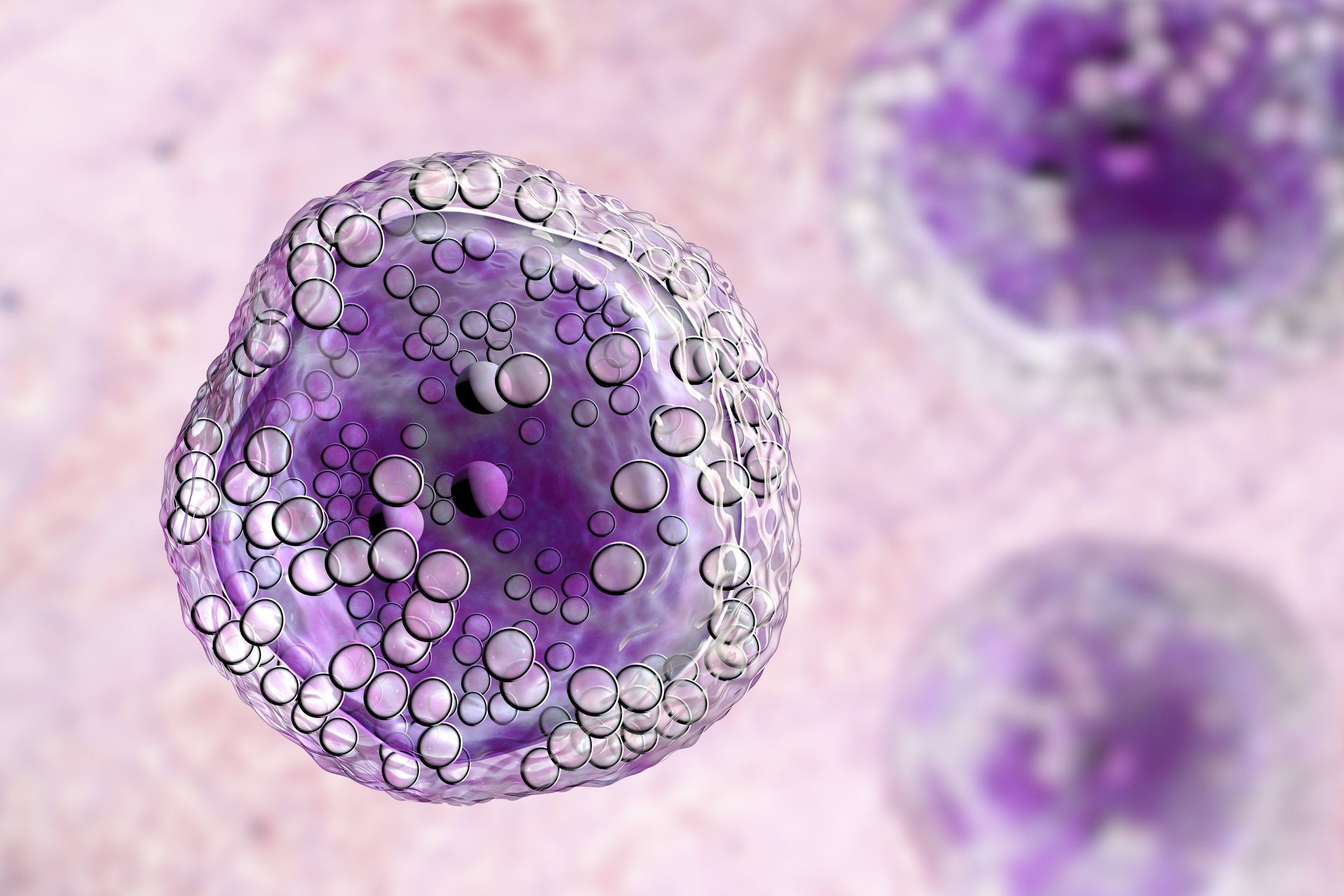Session Date and Time:
Tuesday, July 27, 2021
12:00-1:00 pm EST
Session Description:
Lymphoma is an umbrella term for over 80 lymphoma subtypes. Each subtype of lymphoma has its own clinical course, which means that each subtype has its own specific set of symptoms, diagnostic testing, staging (extent and spread of lymphoma), prognosis (outcome), treatment options, and follow-up care and management.
Healthcare professionals and organizations use different ways to help categorize these subtypes, such as grouping them under terms like Hodgkin Lymphoma and Non-Hodgkin Lymphoma (NHL), or aggressive versus indolent (non-aggressive lymphoma). Though these categories help to group similar lymphomas for classification purposes, they do not provide the specific details a patient needs related to their clinical course.
Thus, understanding your lymphoma subtype is very important. Knowing your subtype will allow you to self-educate and advocate for your healthcare, and help you set appropriate expectations throughout your lymphoma journey. It will help you connect with others that are diagnosed with the same subtype and may help you feel supported throughout your care. Therefore, it is important that you receive this information from your doctor at diagnosis.
To address this, Lymphoma Canada along with a clinician specialist, provide more information about lymphoma subtypes, why it is important to know this information, and how this information can help you throughout your lymphoma journey.
Speaker:
Dr. Anca Prica, MD, MSc
Hematologist, Division of Medical Oncology and Hematology, Princess Margaret Cancer Centre, Toronto, Canada.
Assistant Professor, Division of Hematology, University of Toronto
Speaker Biography: Dr. Anca Prica is a staff hematologist at Mount Sinai Hospital and Princess Margaret Cancer Centre, and an assistant professor in the division of hematology at University of Toronto. She is currently the site lead of the lymphoma and myeloma program at Princess Margaret Cancer Centre. She completed her initial medical training in Toronto, and her clinical training in Internal Medicine and Hematology at the University of Toronto. She then completed a Masters in Health Research Methodology at McMaster University, with research interests in quality of life and economic evaluations. Her clinical work focuses in both lymphoproliferative and plasma cell disorders at both hospitals.






